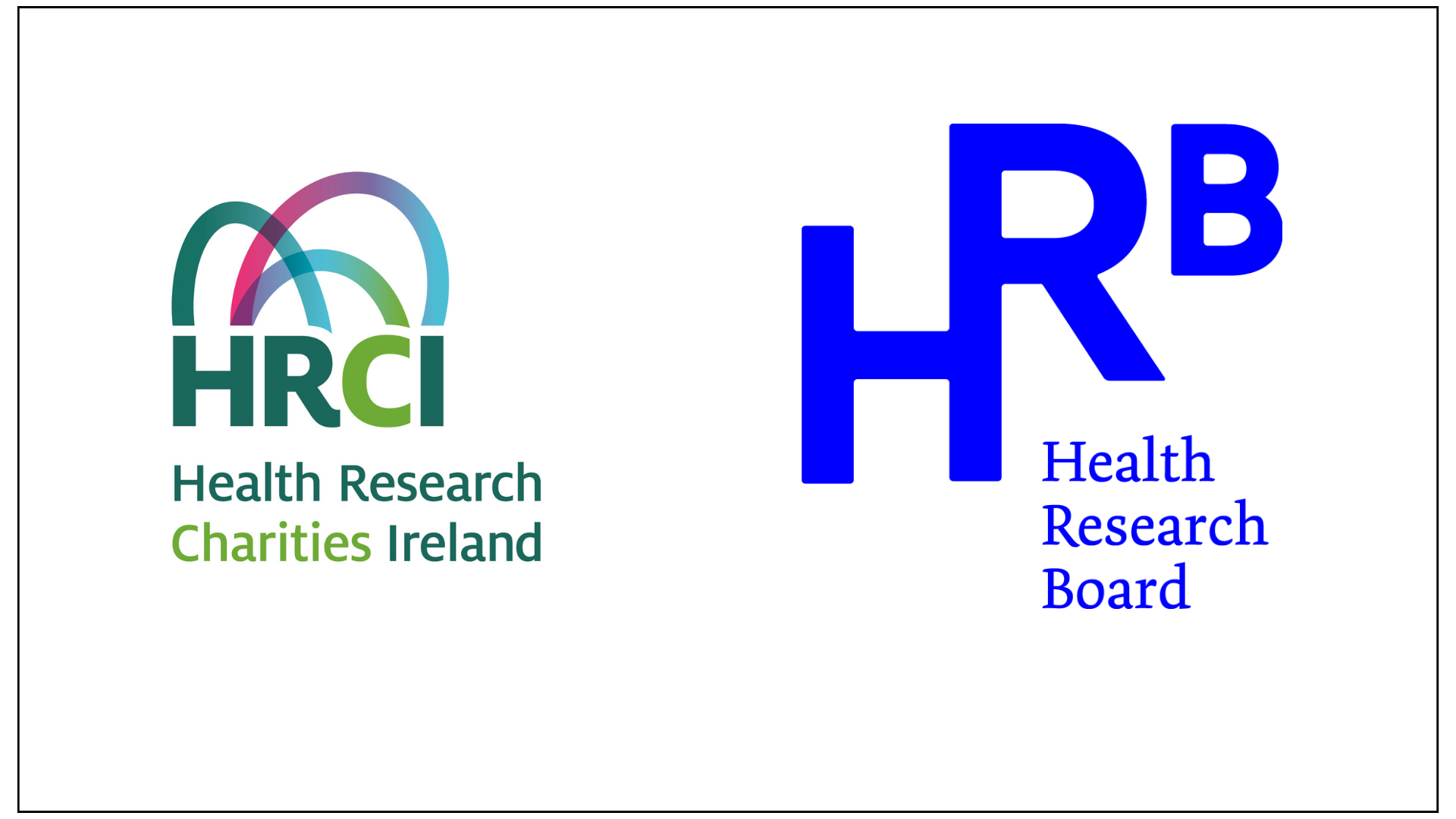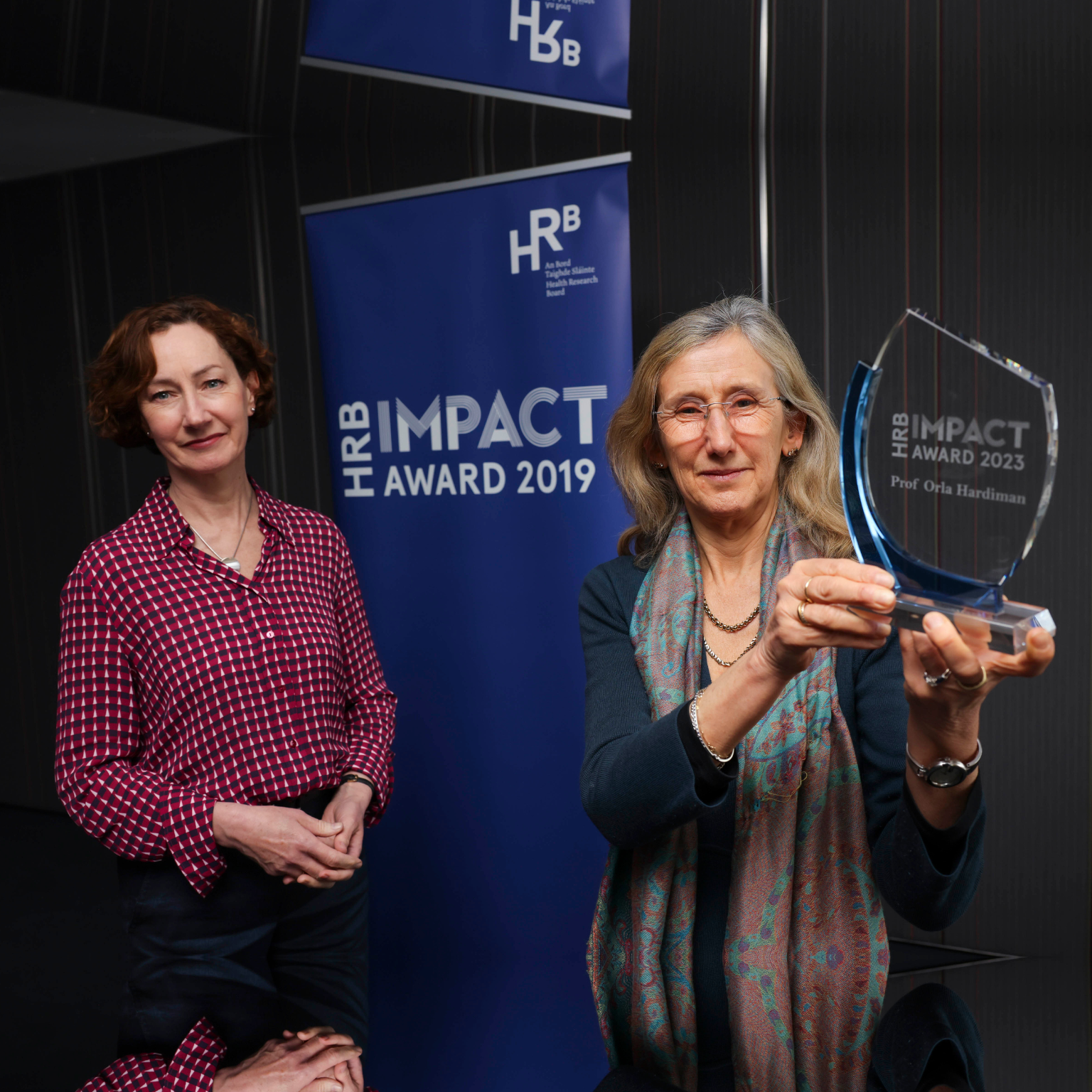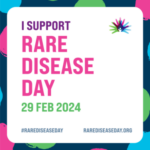HRB makes €3.3 million joint funding investment with Irish health research charities
19 Sep 2024 - 3 min read

19 Sep 2024 - 3 min read

17 Sep 2024 - 3 min read

16 Sep 2024 - 2 min read
11 Sep 2024 - 4 min read
2 Sep 2024 - 1 min read

30 Aug 2024 - 2 min read

27 Aug 2024 - 4 min read

27 Aug 2024 - 6 min read

24 Jun 2024 - 4 min read

24 Jun 2024 - 5 min read

29 May 2024 - 3 min read

29 May 2024 - 5 min read

22 May 2024 - 3 min read

4 May 2024 - 2 min read

26 Apr 2024 - 3 min read

26 Apr 2024 - 4 min read

19 Apr 2024 - 2 min read

18 Apr 2024 - 1 min read

17 Apr 2024 - 2 min read

28 Mar 2024 - 3 min read

28 Mar 2024 - 4 min read

29 Feb 2024 - 8 min read

29 Feb 2024 - 3 min read

29 Feb 2024 - 4 min read

14 Feb 2024 - 3 min read

Displaying 1 - 10 of 554 results